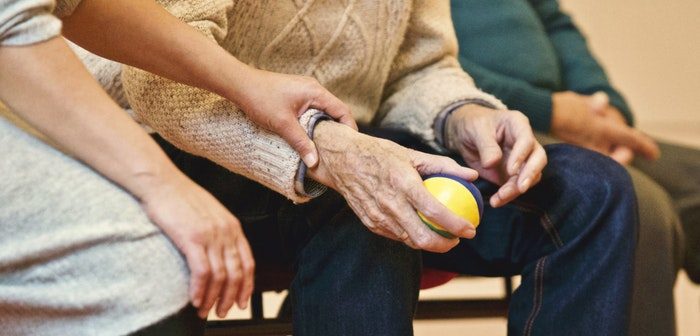Often, caregivers prioritize the needs of the people they care for before their own. They usually forget their own health, which sometimes leads to getting sick, frustrated, depressed, or even burned out. When this happens, not only does the caregiver suffer, their patients and employers do as well.
It goes without saying, then, that caregivers and other resident staff must actively care for themselves physically, mentally, and emotionally. They need to do this in order to continue providing care and avoid resenting their job. The following are some tips caregivers may use to look out for their own health:
- Caregivers should schedule time away regularly. This will allow them to maintain their physical and emotional health.
- Caregivers must also find time to exercise and be physically active, as well as stay mentally fit. They can do this by enrolling in classes that will enrich their profession or be engaging in healthy hobbies. Eating a healthy diet and getting some exercise such as jogging or biking can help bring down one’s stress level.
- Caregivers should schedule medical appointments for themselves and not forget their health, especially since they are exposed to the sick every day.
- If possible, the caregiver should hire some in-home help to maintain the household or to assist with caregiving. They can also ask their employer to look into patient lifts, bariatric beds, and other appliances that can help lessen the physical strain of lifting or assisting a patient.
- Healthcare workers should be kind to themselves. They should be proud of their job and the numerous people they help. It is known that the happiest individuals are those who feel a sense of purpose and fulfillment in their jobs. Caregivers should commend themselves for the amount of care they provide their patients.
- Caregivers should not forget to have fun and be social. They should engage in activities and events with their family and friends.
- If the healthcare worker is feeling down, he should talk to a friend or fellow caregiver to seek advice. Professional services from on-site counselors, for example, are also available in caregiver communities. The caregiver should be honest about what he needs and the source of his stress.
When things get too much to handle and the caregiver needs support and guidance, they can look for these resources. These directories and organizations can connect him with counseling services, in-home care, financial assistance, food and nutrition programs, respite services, transportation, and other requirements:
- AARP
The AARP is a non-partisan, non-profit organization that aims to empower American ages 50 and beyond. For caregivers, this community provides helpful information such as resources in their areas, tips on different kinds of caregiving such as long-distance or dementia caregiving, and where to find specific services.
Website: http://www.aarp.org/home-family/caregiving/
- Family Caregiver Alliance
The Family Caregiver Alliance provides support, resources, information such as caregiver education and fact sheets on caregiving issues, as well as practical strategies. This site mainly caters to family caregivers who care for adult loved ones with chronic, disabling health conditions.
Website: https://www.caregiver.org
- National Family Caregivers Association
The National Family Caregivers Association, which also goes by Caregiver Action Network (CAN), is a national organization that works to assist caregivers who look after patients of all ages. The organization does this by giving caregivers access to instructional videos and providing peer support through family caregiver forums.
Website: http://caregiveraction.org/
- National Alliance for Caregiving
The National Alliance for Caregiving or NAC offers caregivers a variety of materials to assist them in caring for the elderly, such as booklets, tip sheets, webcasts, and conference materials.
Website: http://www.caregiving.org/
- Rosalynn Carter Institute for Caregiving
The Rosalynn Carter Institute for Caregiving is an advocacy, research, and service unit of Georgia Southwestern State University. It aims to provide support and education for both professional and family caregivers.
Website: http://www.rosalynncarter.org/
- National Caregivers Library
The National Caregivers Library is an online resource that provides caregivers hundreds of articles, checklists, forms, and links to assist them in caring for others. It is a free service that offers caregivers, seniors, and employers useful information and networks in order to address the needs of the caregiving community.
Website: http://www.caregiverslibrary.org/
- Respite Services
Caregivers who are burned out and stressed can avail of respite services. These services give caregivers an opportunity to rest and relax, or the time to attend to themselves and their needs. The caregiver’s employer or people outside of the home can offer respite services. This type of assistance is also available through various government channels and agencies.
There are also online support groups such as The Caregiver Space and Facebook groups where caregivers can share their experience with others who are going through the same thing.
In many ways, caring for others is a very taxing job. So that caregivers can perform their tasks with compassion and utmost care, they must know that they have access to help whenever they need it. The community, on the other hand, must provide every resource possible to lessen the effects of stress and avoid burn out among care providers.




